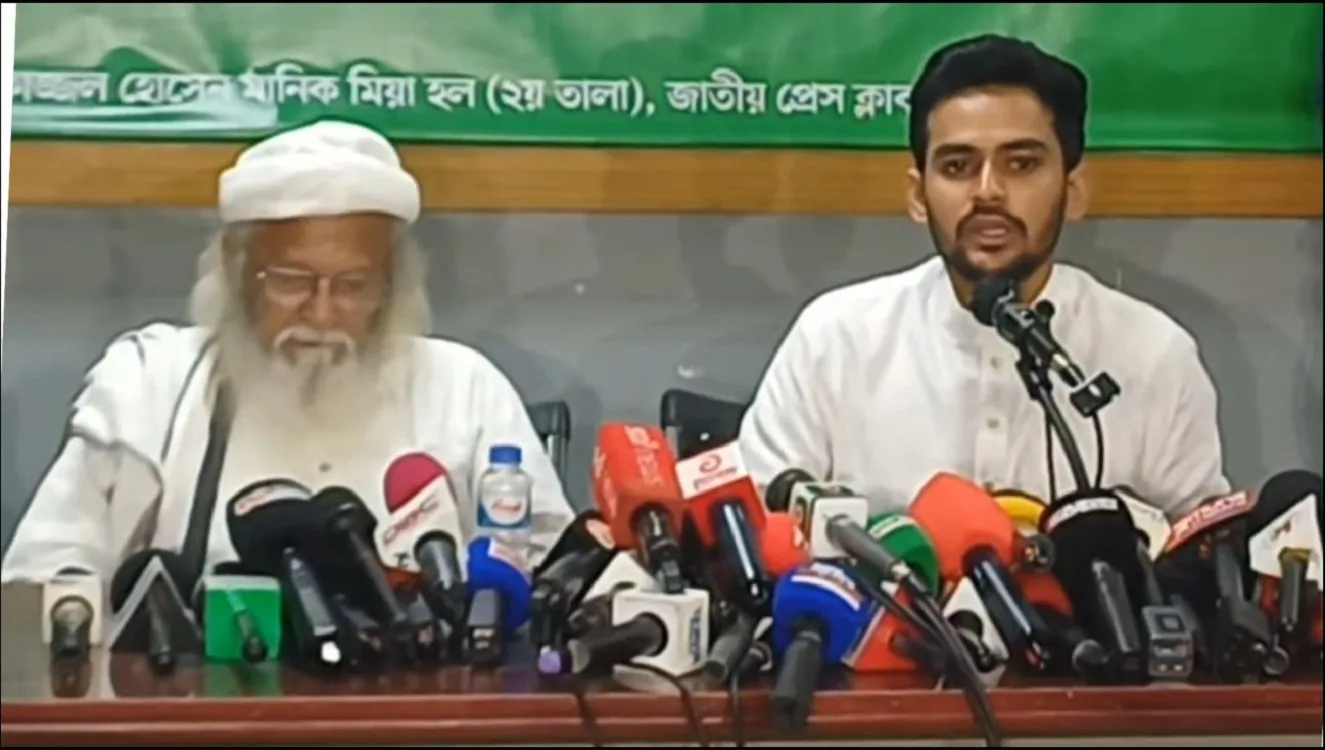- National
- Bangladesh
- Business
- International
- Sports
- Entertainment
- Politics
- Technology
- Life Style
- Religion
- Opinion
Tuesday, 03 March 2026



Asif Mahmud Shojib Bhuyain, the current Local Government Adviser and Youth and Sports Adviser, delivered a stark assessment of Bangladesh's political landscape during a roundtable organized by the Anti-Discrimination Student Movement.
Asif Mahmud claimed that in the current reality, contesting an election in Bangladesh requires approximately Tk 10–20 crore. He argued that this massive financial requirement effectively makes political participation a "privilege for those with black money or powerful backers."
Asif highlighted the ethical conflict faced by potential candidates without personal wealth. If they accept funds from businessmen or other interests, they are then obliged to "fulfil their interests" after being elected, compromising true representation. He questioned the realism of holding elections under the existing, money-driven system.
The Adviser expressed confusion and disappointment over how leaders who had strongly advocated for reforms prior to August 5th (Sheikh Hasina's ouster) "shifted to anti-reform politics" immediately afterward. He questioned the benefits of this reversal for those leaders, noting it clearly harms the country.
The adviser acknowledged that the young student leaders, including himself, "made mistakes" in the decision-making process immediately following the August 5 uprising. He stated that within hours of the ouster, some political leaders quickly aligned with the establishment. Asif claimed that their advice to political leaders not to approach the establishment was unheeded.
Though the student leaders had reservations, they ultimately agreed to the formation of the interim government, citing a lack of political support that made unilateral decision-making difficult. He mentioned that a proposal to hold discussions at Dhaka University on "neutral ground" was rejected, with leaders instead being asked to go to the Cantonment, leading to Bangabhaban being chosen as the middle ground.
Comment